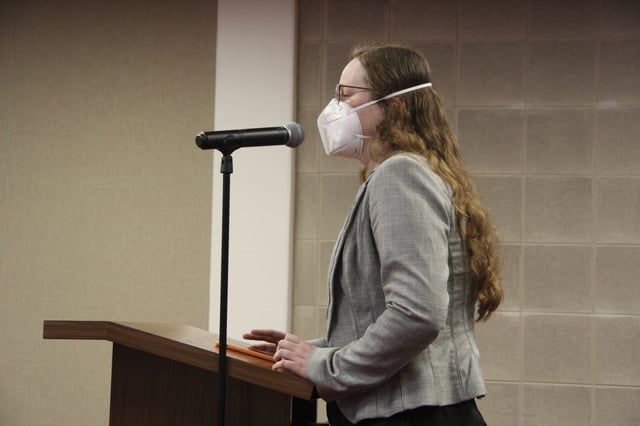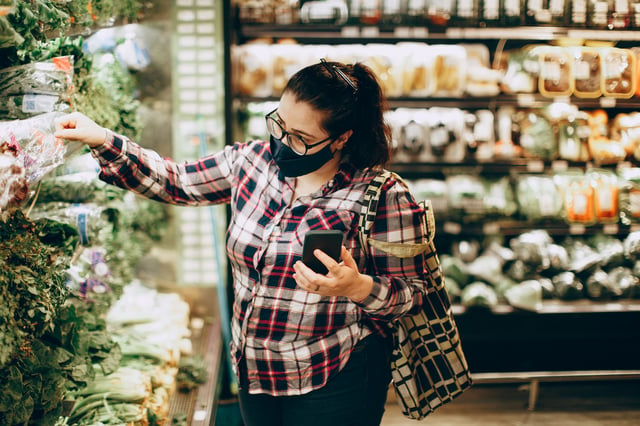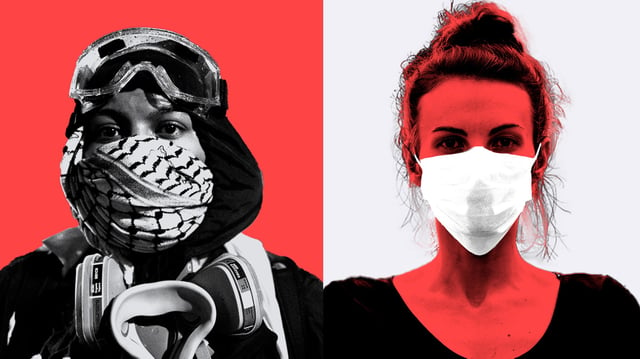Overview
- Republican lawmakers passed the bill 30-15 along party lines.
- The bill aims to criminalize mask-wearing during crimes and protests.
- Democrats argue it risks public health, especially for immunocompromised individuals.
- The bill returns public masking rules to pre-pandemic regulations from 1953.
- The bill now heads to the House, where further amendments are possible.



